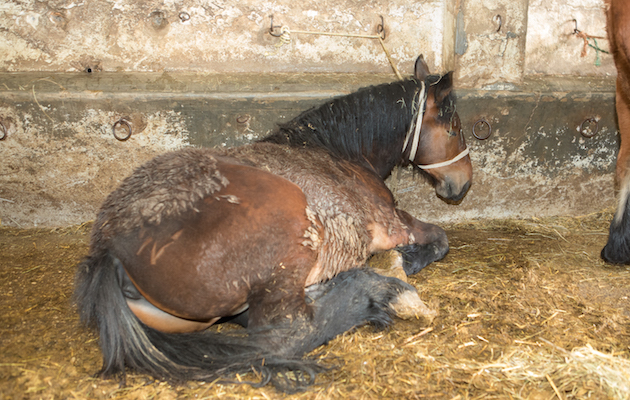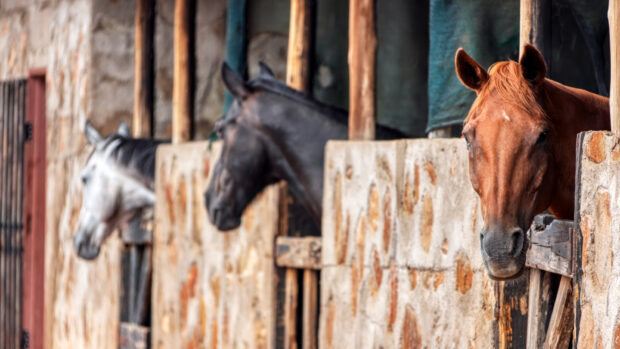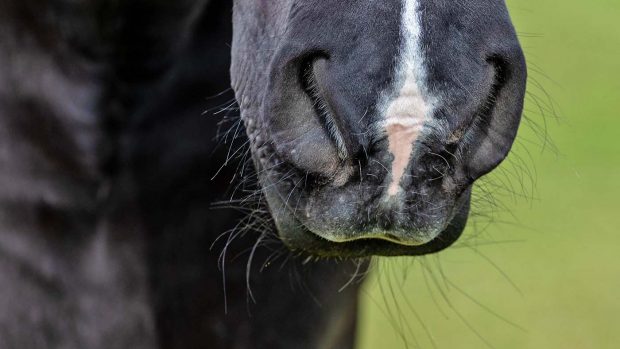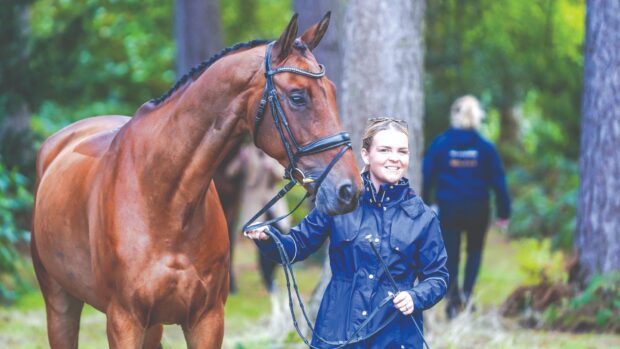Competition horses with forged passports have been making their way into the food chain, an investigation by Europol and Interpol has revealed.
Inspections of slaughterhouses in several countries showed that around 20% of foreign passports had signs of forgery.
Slaughterhouses in Ireland were among those targeted in the six-month investigation, which led to both live horses and more than 17 tonnes of horse meat being seized. Issues were also found at premises in Belgium, Italy, Spain and the Netherlands.
A spokesman for Europol confirmed to H&H that passports were usually forged so animals who had been signed out of the food chain, such as leisure of competition horses, could be reintroduced. Additional microchips, belonging to older horses, had also been added in some cases.
She said it was “very rare” for theft to be the motive for forging horses’ passports.
The Opson IX operation, a follow-on from previous efforts to target the trafficking of counterfeit and sub-standard food and drink, was co-ordinated between Europol’s intellectual property crime coordinated coalition and Interpol.
Despite interruption caused by the Covid-19 pandemic, enforcement authorities from participating countries were able to go ahead with checks of documents from more than 157,000 horses from eight countries, as well as inspecting around 117 tonnes of horsemeat.
Horses were checked against either microchip data or passports, while most animals were also run through the TRACES system.
Continues below…

Long-distance transport for slaughter: the last stop
Read the last of three blogs about H&H's journey across Europe with World Horse Welfare

Owner reunited with horse she saved from meat man 22 years later
‘She said ‘why don’t you come down and see him?’ and I just cried and cried’

Subscribe to Horse & Hound magazine today – and enjoy unlimited website access all year round

Horse meat scandal: Where are we now?
More than two years on since the scandal, H&H asks what is being done to ensure it does not happen
Europol executive director Catherine De Bolle said: “In times of crisis, criminals always look for new ways to abuse consumers and increase their illegal profit to the harm of public safety.
“Counterfeit and sub-standard food is not only deceitful to consumers but can also pose a significant threat to their health. Our annual Operation OPSON shows in its ninth year that cooperation between law enforcement, regulatory authorities and the private sector is crucial to protect both consumers and businesses from the harm criminals try to put on our plates.”
Other sectors where there were targeted actions included the dairy industry, olive oiland alcohol and wine, with OPSON IX leading to 406 arrests and the dismantling of 19 organised crime groups. Around €28m (£25m) of harmful products were seized.
We continue to publish Horse & Hound magazine weekly during the coronavirus pandemic, as well as keeping horseandhound.co.uk up to date with all the breaking news, features and more. Click here for info about magazine subscriptions (six issues for £6) and access to our premium H&H Plus content online.




